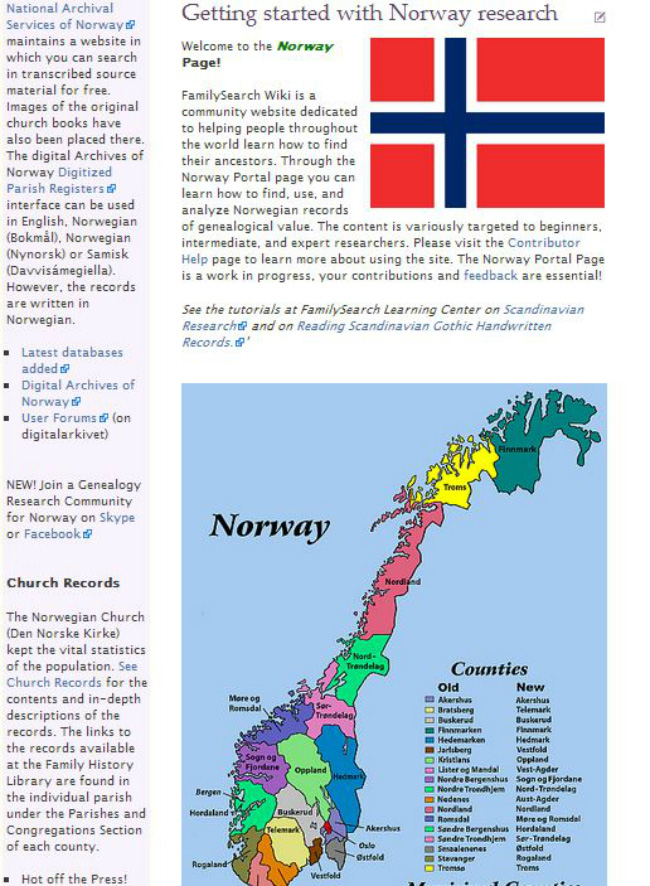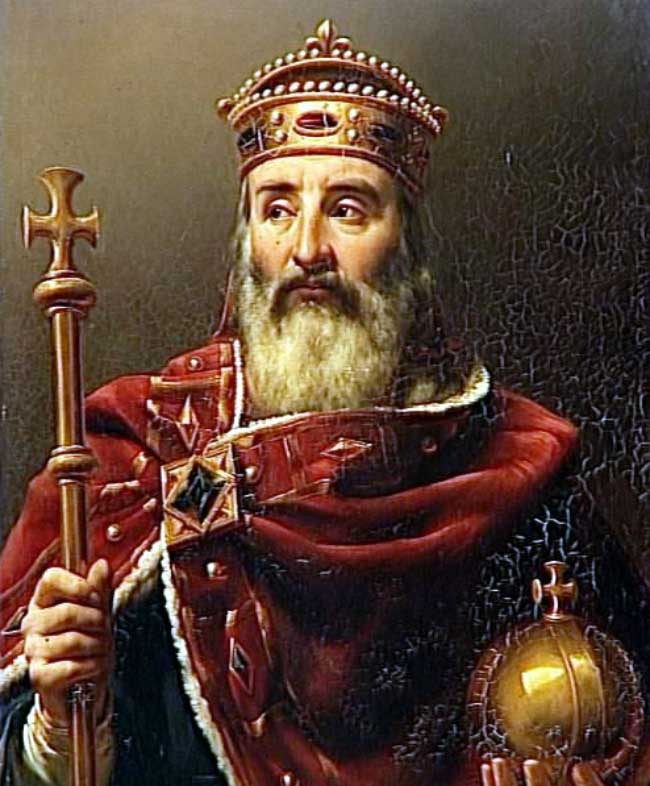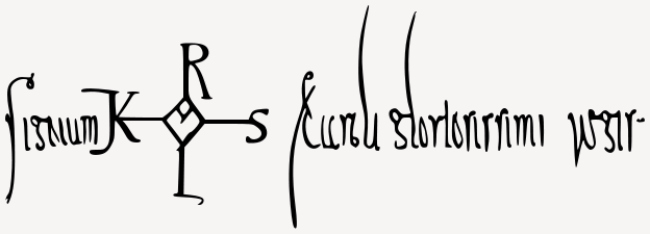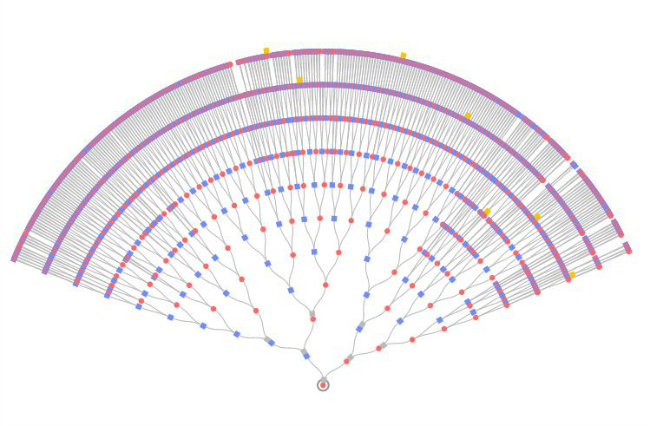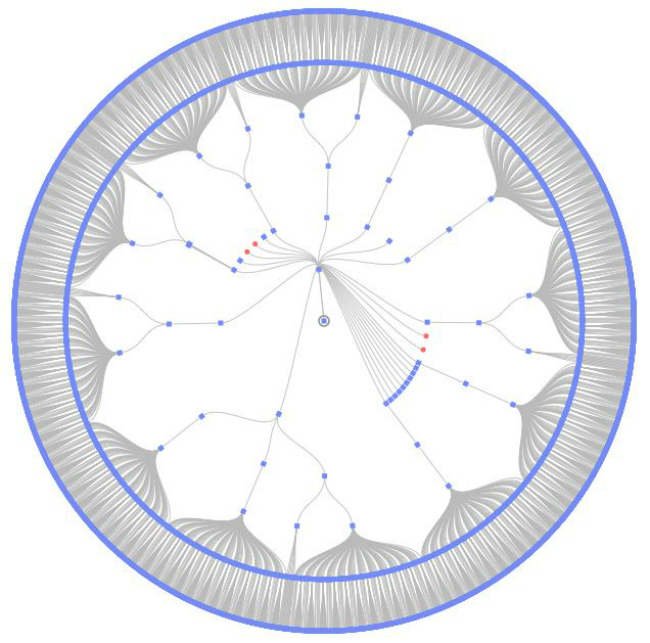5 Reasons Charlemagne Would Celebrate Family Search’s 15th Birthday
Like many, many people, I descend from Charlemagne. I remember briefly learning about him in high school social studies classes and then later in collegiate world history classes. What an interesting and driven individual! My dad’s family claimed him as an ancestor, but I didn’t want to dig through piles of paper pedigree charts to find the proof. When The Church of Jesus Christ of Latter-day Saints began computerizing records, I finally found Charlemagne on my pedigree.
Computerized records led way to digitizing millions of documents globally and a FREE online resource called Family Search. Launched in May 1999, Family Search celebrates its 15th birthday this month!
1. Family Search: A Global Phenomenon
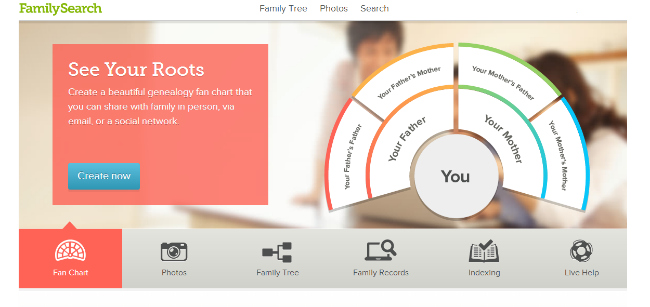 Ambitiously, this “Father of Europe” united Western Europe around 800 AD for the first time in centuries and had Pope Leo III crown him emperor.
Ambitiously, this “Father of Europe” united Western Europe around 800 AD for the first time in centuries and had Pope Leo III crown him emperor.
While Family Search isn’t politically or militarily motivated, it has succeeded in uniting interested researchers globally.
Here are some Quick Facts about FamilySearch.org as of 2013:
- Number of names in searchable databases: over 1 billion
- Number of hits per day: over 10 million
- Number of visitors per month: over 3 million
- Number of pages viewed per day: over 1 million
- Number of registered users: over 1 million
- Number of hits since launch: over 15 billion
- Number of visitors since launch: over 150 million
2. Family Search: Benefits All
Though Charlemagne struggled with literacy, he was a voracious learner (through tutors) and educated his children. He sponsored literary advances such as the Carolingian minuscule-a uniform Latin script. He caused numerous texts to be preserved and copied throughout his empire. The literate of his age, and for centuries afterward, enjoyed the fruits of his efforts.
Along with digitizing and indexing records globally, Family Search endeavors to make those records usable to researchers. For years I’ve “ignored” my Norwegian line because I don’t speak Norwegian (and Danish and Swedish…). I attended a Family Search class this week on how to work with Norwegian records. Family Search’s wiki has a Norway page! (and tons of other countries, too). I found English guides to census headers, links to Norwegian records, found Nes and Buskerud on the map, and even learned that døpt means christened and døde means died in Norwegian.
3. Family Search: Know Your Neighbors
Charlemagne knew the strengths and weaknesses of his neighbors. His military campaigns bested those neighbors. He sent two young sons, Carloman and Louis, to outposts of his realm. While retaining ultimate control, Charlemagne gave both sons, and the regents who raised them, authority to rule. He wanted his sons to grow up knowing the culture of the regions, and then ultimately rule there.
Family Search’s indexing projects allow volunteers to peek into the lives of neighbors as they index census, obituary, and military records.
An article announcing the indexing project for the 1916 Canadian census boasted three celebrities including Art Linkletter, Sir William Samuel Stephenson, and Elvina Fay Wray (King Kong).
Sir William Samuel Stephenson was a Canadian soldier, airman, businessman, inventor, spymaster, and a British intelligence specialist during World War II. Stephenson is best known by his wartime intelligence codename of Intrepid and is considered by some to be one of the real-life inspirations for James Bond. He was born William Samuel Clouston Stanger, January 23, 1897, in the Point Douglas area of Winnipeg, Manitoba.
One indexer recently commented, “I am intrigued with how the people come alive for me as I index. I indexed a household . . . containing a family with young children, grandmother, maiden aunt, and a couple of unmarried siblings. They had five servants, and I visualized a well-to-do household; the married son working maybe as a lawyer or doctor, taking care of his extended family. I see both sad and happy stories.”
4. Family Search: Self-Indulgence
While he despised fancy clothing, preferring to dress like the common people, Charlemagne loved the arts, archery, jeweled swords, and roast beef (as opposed to boiled meat).
Family Search provides times for self-indulgence, time to retreat into your history. My favorite self-indulgent moments include identifying ancestor castles and family manors on Family Search and then googling the extant sites.
Before really knowing my own family history, I lived in Scotland and Germany and felt an immediate connection to the land. Later, after researching my family, I discovered that locations I lived in feature prominently in my history.
5. Family Search: Know Yourself
To know himself, Charlemagne came to know his ancestors. Named after his grandfather, Charles Martel, Charlemagne-aka Charles the Great-named children after powerful forefathers. Though some of his life choices seem disparate to me, Charlemagne knew his values-family, religious, political-and lived accordingly.
Family Search helps me record my history and come to know my ancestors, too. Like Charlemagne. I’ve learned more about his life than I ever expected as a student! And wouldn’t Charlemagne love to know that he is still remembered!
One awesome feature from puzilla.org plots maps for ancestors and descendants.
Here’s a visual of 10 generations of my ancestors:
I’m the circled red dot at the bottom. Each blue or red icon represents a person. (The orange square indicates that the person died before 16 years old.) I can click on each icon to get a quick synopsis of known information for that person. Ten generations connects me back to the mid-1600’s. I also love this visual because I can easily see where family members are missing.
Here are 6 generations of Charlemagne’s descendants (from Pippin Carloman):
I tried viewing 10 generations and it froze my laptop! Charlemagne is the middle blue square with the circle around it. Pepin is the blue square connected from Charlemagne’s line. Some of the children do not have children listed and their line stops. But, the descendants kind of explode by generation 6. Maybe you’re one of those descendants like me!
Einhard, Charlemagne’s contemporary biographer, wrote:
“It would be folly, I think, to write a word concerning Charles’ birth and infancy, or even his boyhood, for nothing has ever been written on the subject, and there is no one alive now who can give information on it. Accordingly, I determined to pass that by as unknown, and to proceed at once to treat of his character, his deed, and such other facts of his life as are worth telling and setting forth, and shall first give an account of his deed at home and abroad, then of his character and pursuits, and lastly of his administration and death, omitting nothing worth knowing or necessary to know.” (Einhard (1999) [1880]. Halsall, Paul, ed. The Life of Charlemagne. trans. Samuel Epes Turner. New York: Harper & Brothers; Medieval Sourcebook, Fordham University.)
Family Search helps us to omit “nothing worth knowing or necessary to know” as we find ourselves and our families.
Step 1: Discovery Your Story
https://www.youtube.com/watch?v=pjZYMfEF2oc
Step 2: Explore Your Family Tree
https://www.youtube.com/watch?v=NKAiFE0ToCA
Step 3: Find Your Ancestors”>Step 3: Find Your Ancestors
https://www.youtube.com/watch?v=yt5QPQhhN0A



